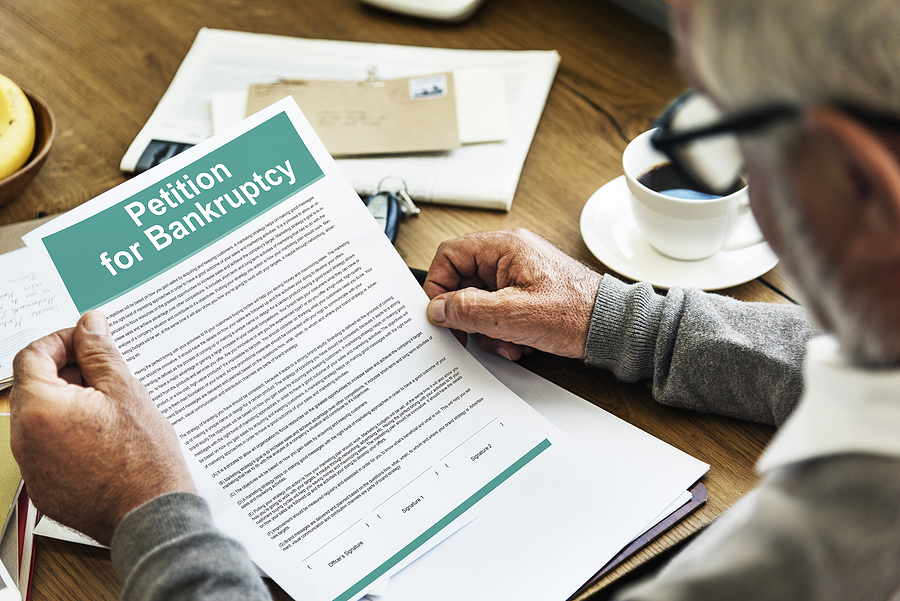Even though creditors have the right to seek payment from debtors, there are many things the law prohibits a creditor from doing. For instance, creditors are not allowed to use unfair practices to try and collect on a debt according to the Fair Debt Collection Practices Act (FDCPA).
If you believe that a creditor is unduly harassing you, it is important to be aware of this law. According to the Consumer Financial Protection Bureau, a creditor may not use deceptive, misleading or false practices to obtain repayment.
What are some examples of “unfair” practices?
For instance, a creditor may not misrepresent the debt in any way, including the amount that you owe on it. A creditor may also not falsely call themselves a lawyer in order to try and intimidate you into paying your debt. A creditor who is threatening to have you arrested if you do not pay your debt is also in violation of the FDCPA.
Particularly if a creditor is threatening you with illegal activities or general threats that the creditor has no intention of following up on, this is illegal.
How can I protect myself?
One of the best things you can do to protect yourself against credit or harassment is to thoroughly document any exchanges you have with a creditor. You should keep all documents or letters that a creditor sends to you in a secure location.
You should also make sure to keep track of the dates and times that creditors contact you, and you should keep notes of the things that you discuss. This way, if you end up meeting with a lawyer, you have a paper trail of the contacts between you and the creditor.







